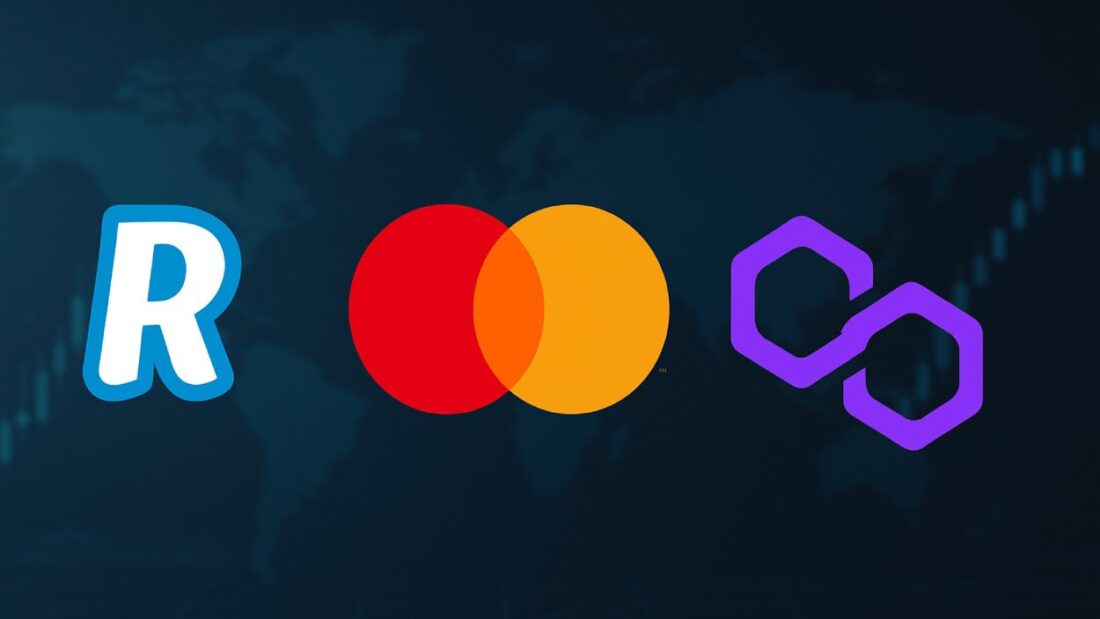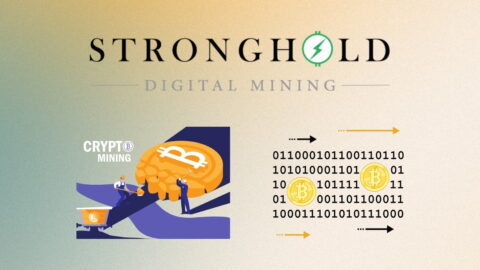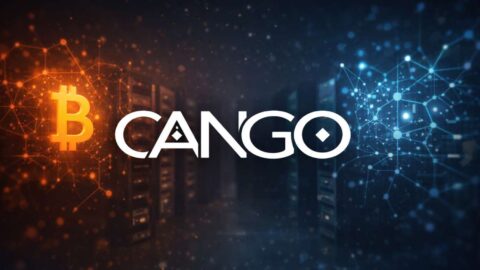Revolut and Mastercard are integrating Polygon’s blockchain technology to simplify and speed up crypto transactions for users around the world.
Key Takeaways
- Revolut users can now send stablecoins, stake POL, and make in-app crypto payments via Polygon with zero fees on eligible transfers.
- Mastercard’s Crypto Credential system is adding verified usernames to replace complex wallet addresses for self-custody wallets.
- Polygon was selected for its fast, reliable, and low-cost infrastructure tailored for global-scale payments.
- The integrations reflect growing institutional trust in Polygon’s role as a payments-focused blockchain.
What Happened?
European neobank Revolut and global payments giant Mastercard are teaming up with Polygon to offer smoother and more accessible blockchain-based transactions. Revolut is embedding Polygon’s infrastructure to support zero-fee stablecoin transfers, staking, and in-app crypto card payments. At the same time, Mastercard is expanding its Crypto Credential system to self-custody wallets, replacing long crypto addresses with verified usernames, powered by Polygon’s blockchain.
Revolut chooses Polygon.
— Polygon (@0xPolygon) November 18, 2025
Europe’s largest fintech has officially integrated stablecoin payments, trading, and POL staking.
With $690M+ in volume on Polygon to date. pic.twitter.com/5z87H4Lowb
Revolut and Polygon Offer Free Remittances and In-App Payments
Revolut has officially chosen Polygon as its default blockchain stack for stablecoin payments and trading. The fintech firm’s app will now allow users across 38 countries to send and receive USDC and USDT using Polygon’s low-cost rails. As part of the rollout, gas fees are covered on eligible transactions, making remittances essentially free.
According to Polygon Labs, Revolut users have already processed over $690 million in transaction volume through the network as of November. This collaboration is described as the first phase of a deeper partnership, aiming to bring scalable, low-cost crypto features to millions of users.
Features in the app include:
- Stablecoin transfers across borders.
- In-app staking of Polygon’s native POL token.
- Crypto card payments using assets transferred via Polygon.
- Native on- and off-ramps for a seamless experience.
Mastercard Brings Verified Usernames to Self-Custody Wallets
Mastercard is bringing a new layer of identity to crypto wallets through its Crypto Credential system, starting with support for self-custody wallets. In this system, users can replace long hexadecimal wallet addresses with verified, human-readable usernames, simplifying the crypto transfer experience.
Mercuryo, a crypto payments API provider, will handle KYC onboarding and issue the verified usernames. Once verified, users can:
- Link a wallet to a custom alias.
- Receive crypto using just the alias.
- Mint a soulbound credential on Polygon to signal verification across the network.
This innovation makes sending crypto as intuitive as using a username in traditional payment apps, eliminating the need to triple-check wallet strings. According to Mastercard, the goal is to make self-custody more accessible, secure, and ready for mass adoption.
Raj Dhamodharan, Executive Vice President of Blockchain & Digital Assets at Mastercard, said:
Why Polygon Was Chosen?
Polygon’s high throughput, low fees, and real-world integrations made it the top choice for both Mastercard and Revolut. The network already supports billions in monthly stablecoin volume and has a strong track record with fintechs and enterprise providers.
Recent upgrades to Polygon, including the Rio update and Heimdall v2, brought:
- Stateless validation for reduced node costs.
- Sub-second finality with virtually no risk of blockchain reorganizations.
- Projected 5,000 transactions per second (TPS) performance.
For institutions like Mastercard and Revolut, this level of reliability and speed is essential. It turns crypto payments from a niche concept into a mainstream solution.
CoinLaw’s Takeaway
I love what’s happening here. In my experience, the biggest hurdles in crypto adoption have always been complexity and cost. By tapping Polygon, Revolut is wiping out high fees and making cross-border payments as simple as a tap. And with Mastercard pushing verified usernames, crypto is finally getting that friendly UX boost it desperately needed.
Honestly, the real story here is about trust and simplicity. These aren’t experimental startups; they’re financial giants choosing Polygon to power global payments. That tells me blockchain isn’t the future. It’s the now. And it’s happening on Polygon.


































































